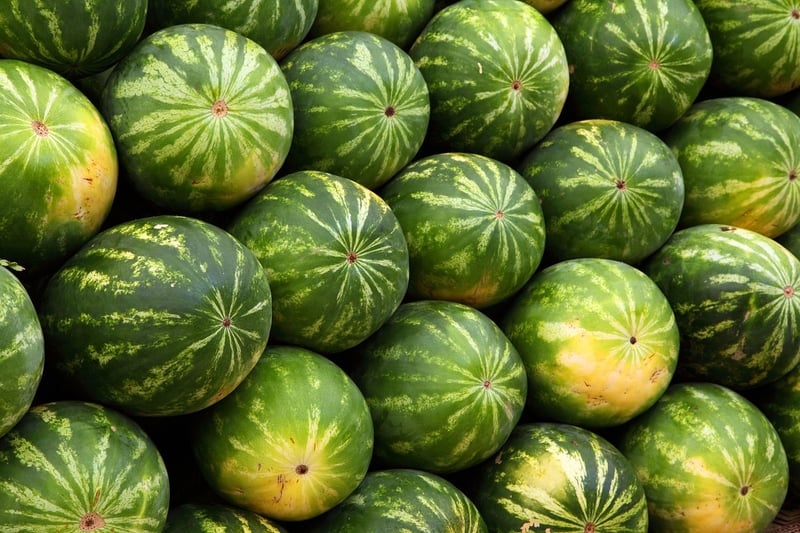Eco-Friendly Packaging
Supporting Sustainable Food Practices and Eco-Friendly Packaging

In recent years, the focus on sustainability and eco-friendliness has grown significantly, especially in the food industry. Consumers are becoming more conscious of the environmental impact of their food choices, leading to a rise in demand for sustainable food practices and eco-friendly packaging.
Benefits of Sustainable Food Practices:
- Reduces carbon footprint
- Supports local farmers and businesses
- Promotes biodiversity and healthier ecosystems
- Improves food quality and taste
- Preserves natural resources for future generations

Ways to Support Sustainable Food Practices:
- Choose organic and locally sourced produce
- Reduce food waste by meal planning and proper storage
- Support farmers' markets and community-supported agriculture (CSA)
- Avoid single-use plastics and opt for reusable containers
- Compost food scraps to reduce landfill waste
Importance of Eco-Friendly Packaging:
Eco-friendly packaging plays a crucial role in reducing the environmental impact of the food industry. Traditional packaging materials like plastic often end up in landfills or oceans, causing harm to wildlife and polluting the planet.

Benefits of Eco-Friendly Packaging:
- Reduces plastic pollution
- Minimizes resource consumption
- Biodegradable and compostable options available
- Enhances brand reputation and attracts eco-conscious consumers
- Promotes a circular economy and sustainable practices
By supporting sustainable food practices and choosing eco-friendly packaging, consumers can make a positive impact on the environment and contribute to a healthier future for all. Let's strive towards a more sustainable and eco-conscious food industry!
